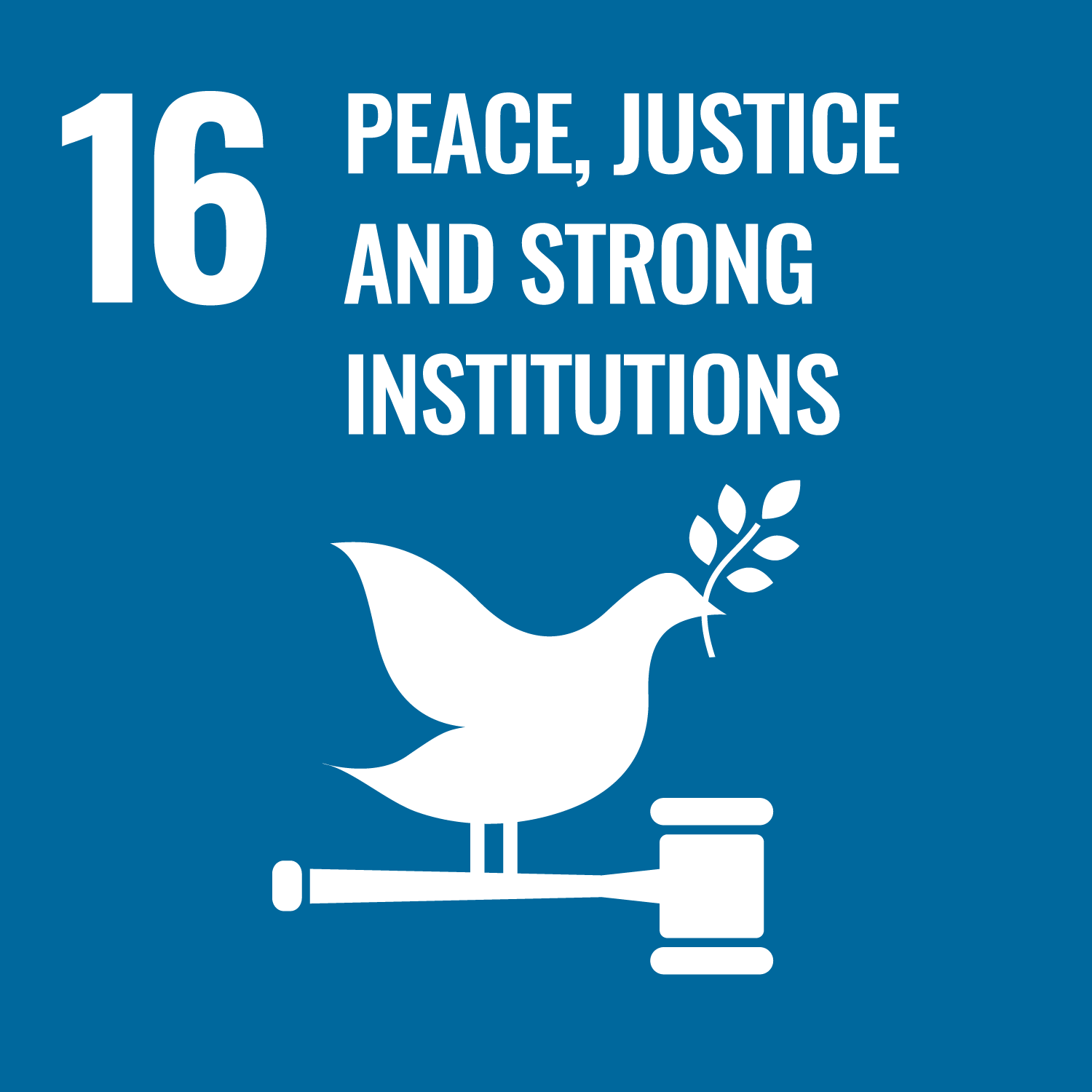This academic article examines the lack of protection against sexual orientation discrimination in international human rights law. The author notes that lesbian, gay, bisexual and transgender people face discrimination across the globe and highlights that, at the time of writing, over 78 countries criminalised same-sex sexual relationships and the death penalty was still enforced in seven countries for same-sex practices.
The article looks at the development of the protection of sexual orientation within international human rights law through an examination of resolutions, declarations, and international statements. The author argues that, given current international jurisprudence, a general statement at the international level that affirms that LGBT people can be protected under international human rights law is unnecessary as it already widely accepted. The author argues that a legally binding document that clearly outlines the obligations of member states to protect the human rights of LGBT people could in the future be highly beneficial. However, the author contends that, under the current political climate, the creation of such a legally binding convention could create controversy and potentially do more harm than good for the LGBT community.
The author promotes an alternative dialogic approach, as an option that poses fewer risks to the LGBT community and may still positively influence states to protect the rights of LGBT people. The article affirms that the human rights of LGBT people may be protected by states, even in the absence of an international convention, through the development of consensus among member states.






